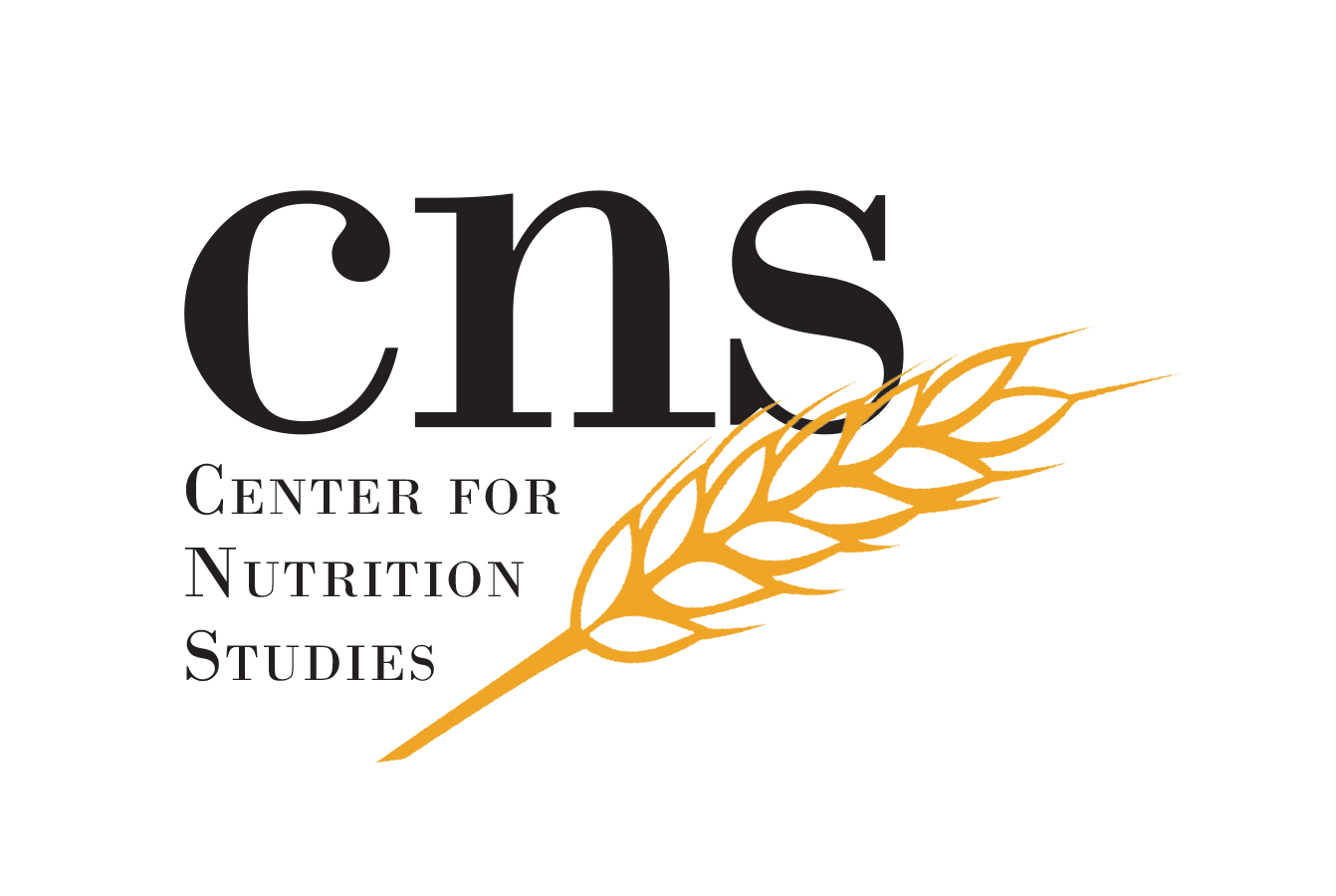RATIONS Study

The RATIONS (Reducing Activation of Tuberculosis by Improvement Of Nutritional Status) study: A cluster randomized trial of nutritional support (food rations) to reduce TB incidence in household contacts of patients with microbiologically confirmed PTB in communities with a high prevalence of undernutrition.
The RATIONS study is supported by the Indian Council of Medical Research. It is led by the Yenepoya (Deemed to be University) with faculty from Center for Nutrition Studies and in collaboration with National Institute of Research in Tuberculosis (NIRT), Chennai, National Institute of Nutrition (NIN), Hyderabad and State TB Cell,
Karnataka State RNTCP Operational Research Project

This state operational research project was done done in collaboration Department of Community Medicine, Yenepoya Medical College, State TB Cell and ESI Post Graduate Institute of Medical Science and Research, Bengaluru.We conducted training of medical officers and staff nurse of Primary Health Centres of Mangalore and Bantwal Taluk in the use of BMI charts for nutritional screening and appropriate nutrition counselling for them. This project was supported by State Revised National Tuberculosis Control Program.
N-TB Mobile App

This app, endorsed by the Revised National Tuberculosis Control Programme and WHO India, was included in the new initiatives unveiled by Prime Minister Narendra Modi during the Delhi End TB Summit on March 13th 2018.
All these initiatives will require healthcare providers to be skilled in nutritional assessment and counselling. The N-TB is the first of its kind app for healthcare providers. It enables the classification of the nutritional status of the patient by calculating the BMI. If the BMI is very low, it red-flags this and provides an overview of management of severe undernutrition. The app also provides the weight gain required during treatment to achieve a desirable weight, and the recommended daily caloric and protein intake (screen shots on the next page). It has counselling tips on diet with an emphasis on the value of locally available foods in contrast to costly nutritional supplements, activity and lifestyle.
Maternal Nutrition Implementation Project

This was conducted in collaboration with the Department of Community Medicine, Obstetrics and Gynaecology and Yenepoya Nursing College.
Adolescent Nutrition

Information on adolescent nutrition is scant. NFHS has data on boys and girls only in the 15-19 age group, but clubs them with adults and has applied BMI cut-offs inappropriate for this age group. A reanalysis of NFHS-3 &4 using appropriate age and gender specific cut-offs for 15-19 year olds found that thinness may have been overestimated more than two-fold.
Growth potential is spread across first 1000 and the next 7000 days, and adolescence is the last window of opportunity. Stunting affects cognitive development, learning ability, work performance and incomes, and is also a risk factor for obesity, diabetes, and hypertension in adult life. The demographic dividend of a young population in India is in jeopardy with these levels of stunting.
Moreover, to highlight the problem of nutrition and tuberculosis in this age group, we used secondary data from NFHS-4 to estimate the prevalence of self-reported TB disease and household exposure among adolescents. The prevalence was 136/100 000 with poverty, urban residence as strong predictors and there was high prevalence of undernutrition and stunting in this population.
NAT-COURSE: Nutritional Assessment Techniques – Short Course

A 4- day short course on nutritional assessment techniques was organized by the Center for Nutrition Studies with support from UNICEF (GRANT REFERENCE NO: SSFA/2019/07). There were a total of 12 resource persons with eight of them from leading national and international institutions. These included National Institute of Nutrition, Hyderabad, St John’s Research Institute, Bangalore, National Centre for Excellence and Advanced Research in Diets (NCEARD), Lady Irwin College and AIIMS in New Delhi, National Institute of Health and Welfare and University of Tampere in Finland.
The topics covered included theory and practical sessions on various methods of dietary assessments, basic and advanced anthropometry and body composition, maternal nutrition, physical activity and functional assessment. There were lectures on dietary policy at population level, recommendations on dietary intakes and biomarkers in nutrition.
